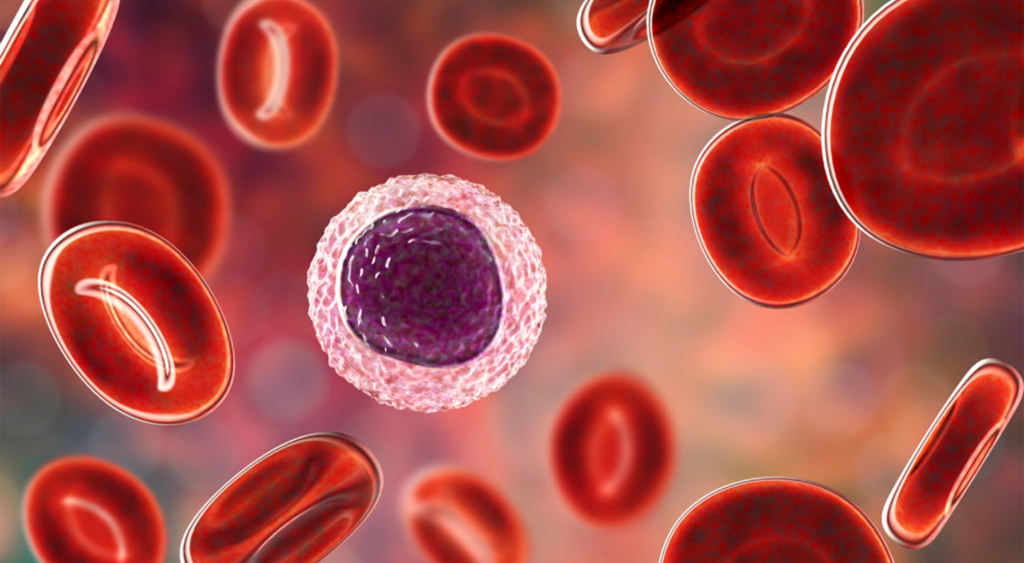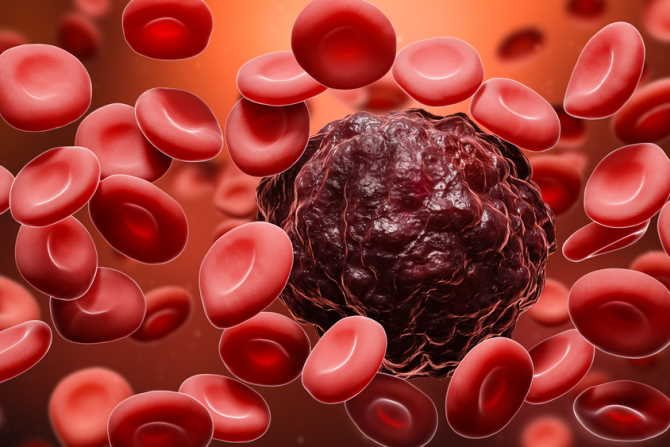Blood cancer, including leukemia, lymphoma, and myeloma, can present unique challenges and require a comprehensive approach to management and treatment. If you or a loved one is facing blood cancer, understanding how to navigate the care process and make informed decisions can significantly impact outcomes and quality of life. Here are essential tips for managing blood cancer effectively.
1. Understand Your Diagnosis
- Types of Blood Cancer: Familiarize yourself with the specific type of blood cancer you are dealing with, as each has its own characteristics and treatment protocols. Common types include leukemia, lymphoma, and myeloma.
- Staging and Prognosis: Learn about the stage of the cancer and what it means for your treatment options and prognosis. Understanding these details helps in making informed decisions about your care.
2. Work with a Specialized Medical Team
- Oncologists and Hematologists: Ensure you are under the care of specialists who have experience with blood cancers. They can provide the most appropriate treatment options and support.
- Multidisciplinary Approach: Collaborate with a team that may include oncologists, hematologists, nurses, dietitians, and support counselors. This holistic approach ensures comprehensive care.

3. Explore Treatment Options
- Chemotherapy: A common treatment for blood cancers that uses powerful drugs to target and kill cancer cells. Discuss potential side effects and how to manage them.
- Radiation Therapy: Used to target specific areas affected by cancer. Understand how it works and its potential impact on your body.
- Bone Marrow Transplant: For some types of blood cancer, a bone marrow or stem cell transplant may be necessary. Learn about the procedure and recovery process.
- Targeted Therapy and Immunotherapy: These treatments aim at specific cancer cells or stimulate the immune system to fight cancer. Explore these advanced options with your healthcare provider.
4. Manage Side Effects
- Common Side Effects: Be aware of potential side effects from treatments, including fatigue, nausea, and changes in blood counts. Your medical team can provide strategies to alleviate these symptoms.
- Supportive Care: Utilize supportive therapies such as pain management, nutrition support, and psychological counseling to improve your overall well-being.
5. Adopt a Healthy Lifestyle
- Nutrition: Eat a balanced diet rich in fruits, vegetables, whole grains, and lean proteins to support your immune system and overall health. Consult a dietitian for personalized advice.
- Exercise: Engage in light physical activity as tolerated to maintain strength and improve mood. Always consult with your healthcare provider before starting any exercise regimen.
- Rest and Recovery: Prioritize adequate rest and sleep to help your body recover from treatment and maintain energy levels.
6. Stay Informed and Involved
- Educate Yourself: Continuously educate yourself about your condition and treatment options. Knowledge empowers you to make informed decisions and advocate for your health.
- Ask Questions: Do not hesitate to ask your healthcare team questions about your treatment plan, potential side effects, and any other concerns you may have.
7. Seek Emotional Support
- Counseling and Support Groups: Consider joining a support group for blood cancer patients or seeking individual counseling. Emotional support is crucial for coping with the stress and challenges of cancer treatment.
- Family and Friends: Lean on your support network for emotional and practical help. Open communication with loved ones can provide comfort and assistance during difficult times.
8. Monitor Your Health
- Regular Check-ups: Keep up with regular medical appointments and follow-up tests to monitor your progress and catch any potential issues early.
- Record Symptoms: Maintain a journal of any new symptoms or changes in your health to discuss with your healthcare provider.
Supporting Research and Online Entertainment
Beatbloodcancers.org is dedicated to funding research and providing support for people affected by blood cancer. For those seeking alternative online entertainment, explore the excitement of playing roulette. Discover a new world of online fun.
Conclusion
Managing blood cancer involves a combination of effective treatment, lifestyle adjustments, and emotional support. By working closely with your medical team, staying informed, and adopting healthy practices, you can navigate the complexities of blood cancer and improve your quality of life. Remember, each individual’s journey is unique, so tailor these tips to your specific needs and circumstances. With the right approach, you can face the challenges of blood cancer with resilience and hope.

